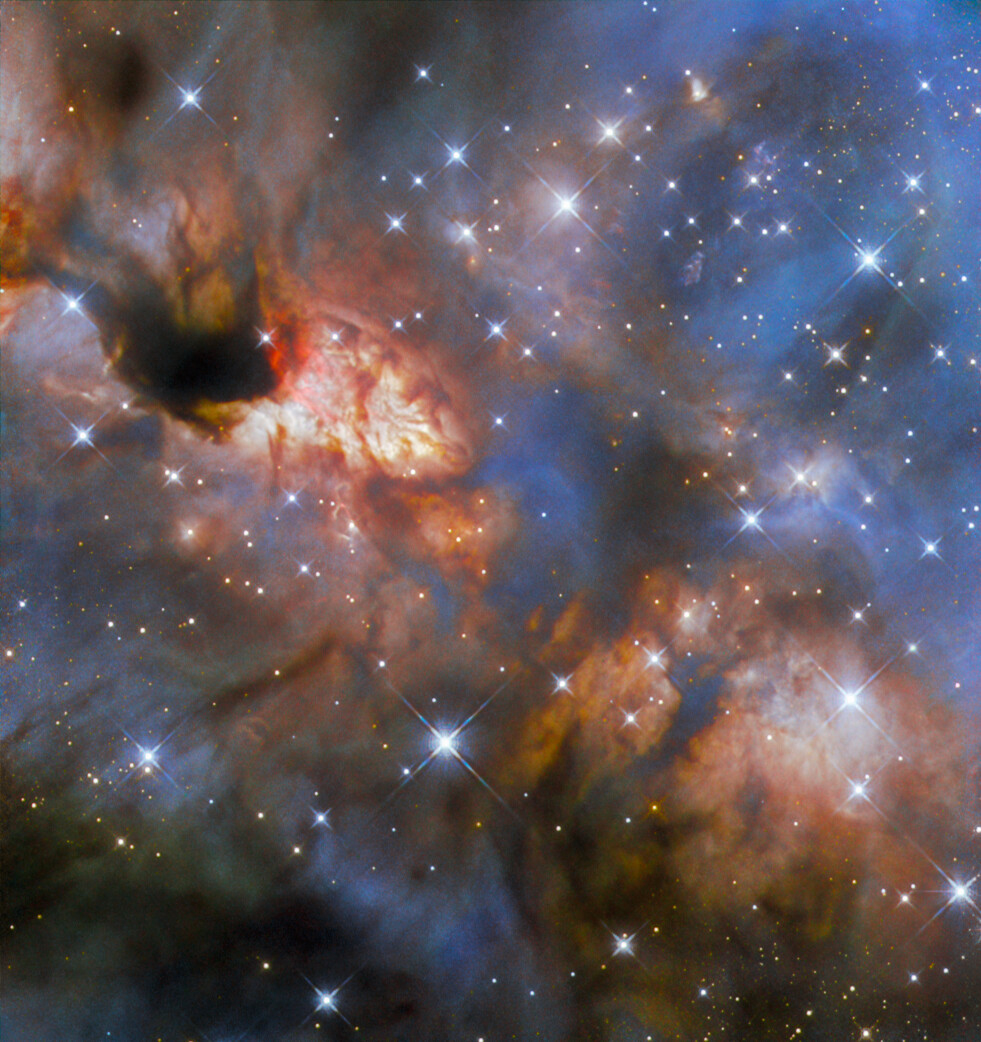2024-02-16 パシフィック・ノースウェスト国立研究所(PNNL)
◆溶融塩中のウラン燃料の、原子力発電所での運用を容易にするための実時間監視システムが開発された。このシステムは、光学スペクトル法を用いて複雑な化学データからウランを識別し、定量化する。これにより、MSR内での化学プロセスをリアルタイムで把握し、適切な運転を支援するだけでなく、ウランの管理と追跡を可能にする。
<関連情報>
- https://www.pnnl.gov/publications/machine-learning-provides-chemistry-uranium-insight-advanced-reactors
- https://pubs.acs.org/doi/abs/10.1021/acs.iecr.3c02005
溶融塩化物塩中のウランの複雑な化学を探る Exploring the Complex Chemistry of Uranium within Molten Chloride Salts
Shirmir D. Branch, Heather M. Felmy, Adan Schafer Medina, Samuel A. Bryan, and Amanda M. Lines
Industrial & Engineering Chemistry Research Published:September 5, 2023
DOIhttps://doi.org/10.1021/acs.iecr.3c02005
Abstract

Harsh environments represent a unique opportunity to explore new frontiers in chemistry while developing novel tools to meet global needs. Exploring the chemistry of uranium within molten salts is a key example. Actinide chemistry within the highly ionic environment of a molten salt is poorly understood, particularly in the presence of common salt impurities or without active oxidation state control. Delving into this chemistry can provide new insight into actinide and f-electron interactions. Furthermore, expanding our chemical knowledge can also enable advances in the deployment of molten salt reactors or molten salt recycle schemes. Both molten salt applications aim toward providing green and reliable energy as well as critical materials for the world. Here, the utilization of visible absorbance and Raman spectroscopies to understand and quantify U within chloride-based salt eutectics is discussed. Furthermore, machine learning techniques in the form of chemometric modeling are developed and described, providing advanced analytical tools to quantify and characterize the U present. These tools are then leveraged to monitor and explore the dynamic fundamental chemistry of U within chloride-based salt melts without active oxidation state control.



